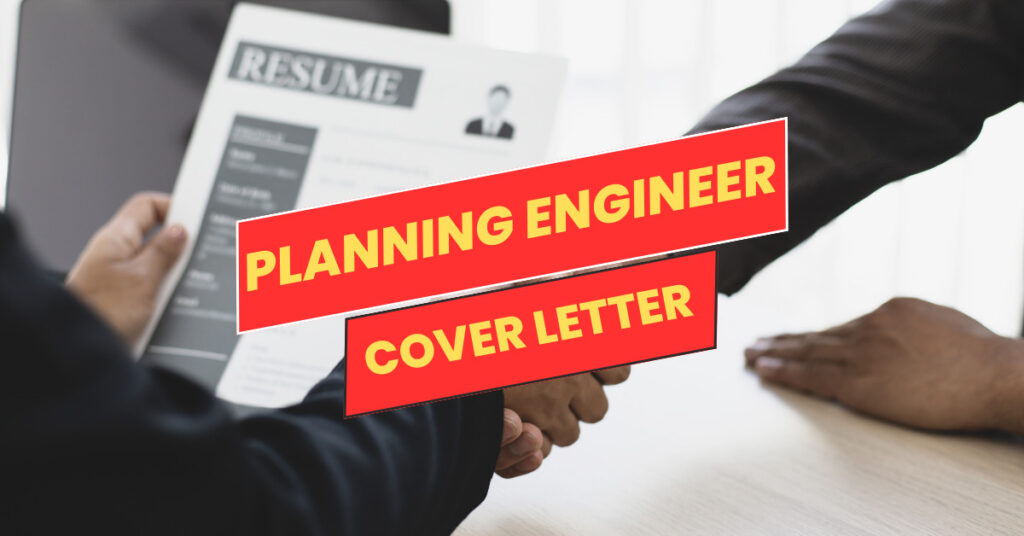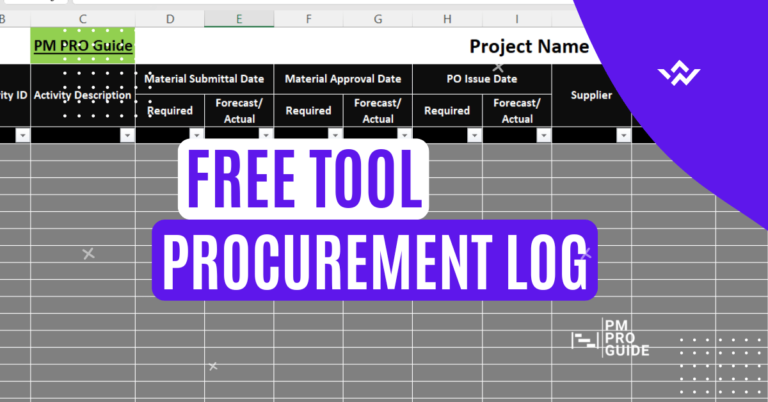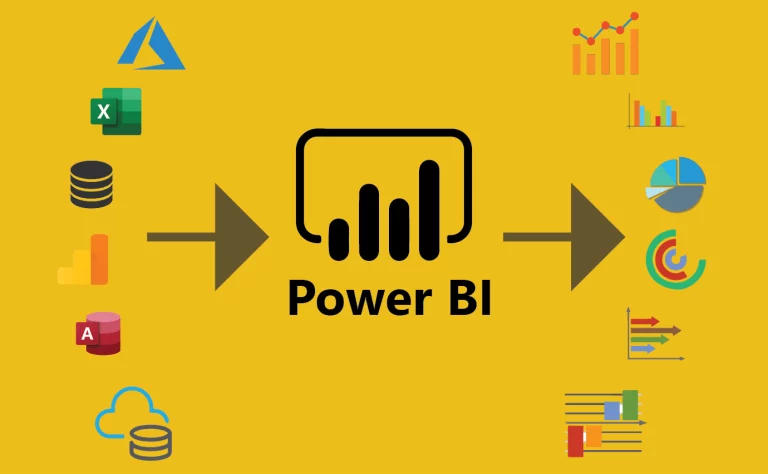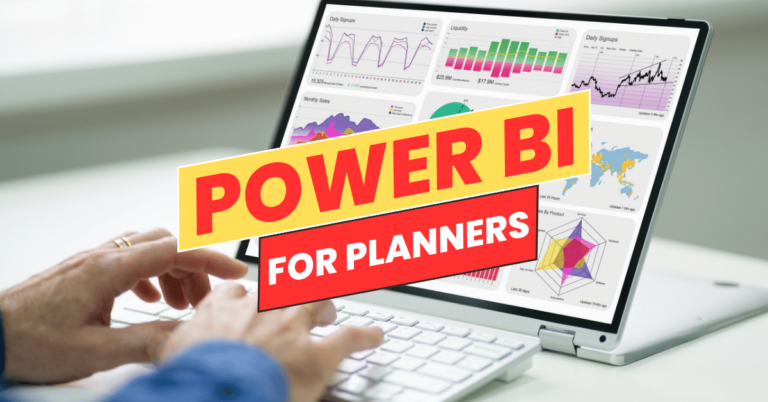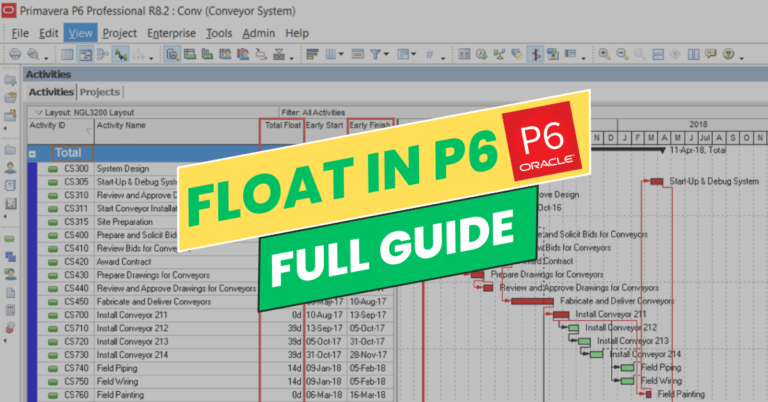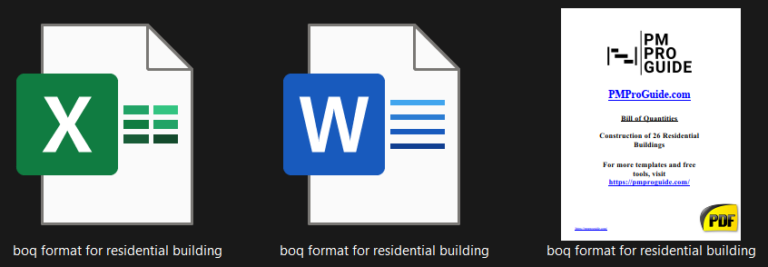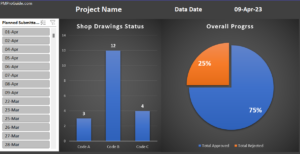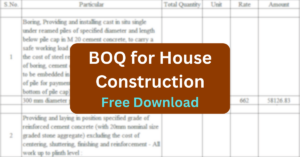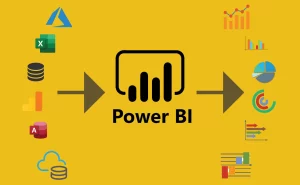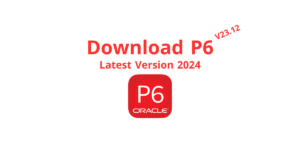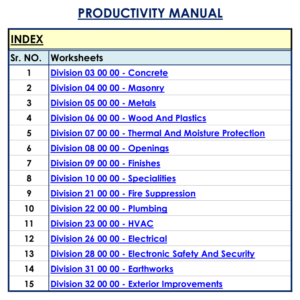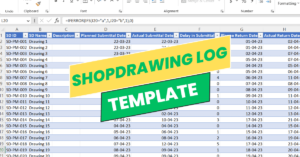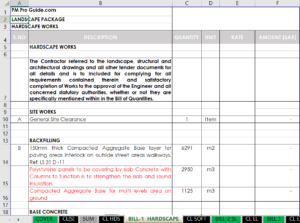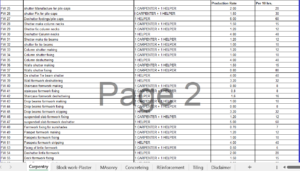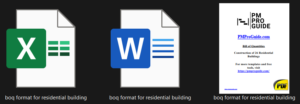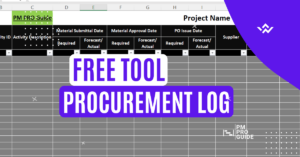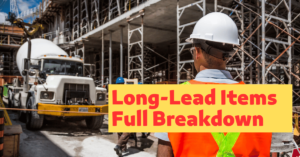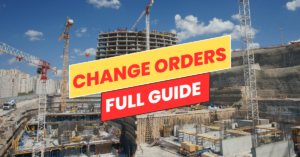How to Write a Cover Letter for a Planning Engineer
Writing a cover letter for a planning engineer position can be a challenging task. It’s your opportunity to make a strong first impression and stand out from other candidates. In this guide, we’ll walk you through the process step by step, providing valuable insights and practical advice to help you craft a compelling cover letter.
A well-crafted cover letter is an essential part of your job application. It allows you to introduce yourself, highlight your qualifications, and demonstrate your genuine interest in the planning engineer role. To help you create a winning cover letter, we’ve broken down the process into key sections and provided expert tips for each.
Crafting the Perfect Opening
The opening paragraph of your cover letter should grab the reader’s attention. Start by addressing the hiring manager by name if possible. Mention the position you’re applying for and briefly express your enthusiasm for the opportunity.
Showcasing Your Qualifications
In this section, delve into your qualifications and experience. Highlight your relevant skills, education, and any certifications that make you a strong candidate for the planning engineer role. Be sure to connect your qualifications to the specific requirements of the job.
Personalizing Your Approach
Tailoring your cover letter to the company and role is crucial. Research the organization’s values, culture, and recent projects. Explain how your background aligns with their goals and how you can contribute to their success.
Writing with Confidence
Confidence is key when writing a cover letter. Use positive language and avoid overly formal or hesitant expressions. Showcase your belief in your abilities and your eagerness to take on challenges.
Addressing Potential Concerns
If you have any employment gaps or career changes, use this section to address them honestly and positively. Explain how these experiences have contributed to your skills and adaptability.
Sample Planning Engineer Cover Letter Template
To help you get started, here’s a sample cover letter template for a planning engineer position:
What is the description for planning engineer?
The description for a Planning Engineer typically includes the following information:
Job Title: Planning Engineer
Job Overview: A Planning Engineer plays a critical role in project management and execution. They are responsible for developing detailed project plans, schedules, and resource allocation to ensure that projects are completed efficiently and on time. This role involves collaborating with various stakeholders, including project managers, engineers, and contractors, to coordinate project activities and monitor progress.
Key Responsibilities:
- Project Planning: Develop comprehensive project plans that outline the scope, objectives, timelines, and deliverables.
- Scheduling: Create and maintain detailed project schedules, including task dependencies and critical milestones.
- Resource Allocation: Allocate resources, including labor, equipment, and materials, to optimize project efficiency.
- Budget Management: Assist in budget planning and monitoring to ensure projects stay within financial constraints.
- Risk Assessment: Identify potential risks and develop mitigation strategies to minimize disruptions to project timelines.
- Progress Monitoring: Regularly track project progress, update schedules as needed, and report to project managers and stakeholders.
- Coordination: Collaborate with cross-functional teams, including engineers, contractors, and procurement, to ensure seamless project execution.
- Documentation: Maintain accurate project documentation, including plans, schedules, reports, and change orders.
- Quality Assurance: Monitor project quality and compliance with specifications and standards.
- Communication: Provide regular project updates to stakeholders and address any issues or concerns promptly.
Qualifications:
- Bachelor’s degree in Engineering or a related field.
- Proven experience in project planning and scheduling, preferably in an engineering or construction environment.
- Proficiency in project management software and tools (e.g., Microsoft Project, Primavera).
- Strong analytical and problem-solving skills.
- Excellent communication and interpersonal skills.
- Attention to detail and a commitment to meeting deadlines.
Career Outlook: The demand for Planning Engineers remains high in industries such as construction, manufacturing, and infrastructure development. With the increasing complexity of projects, organizations value professionals who can effectively plan and manage resources to ensure successful project outcomes.
How can I be a good planning engineer?
Becoming a good Planning Engineer requires a combination of education, technical skills, and soft skills. Here are steps you can follow to excel in this role:
1. Obtain the Necessary Education:
- Start by earning a bachelor’s degree in engineering, preferably in a field related to the industry you want to work in (e.g., civil engineering, mechanical engineering).
- Consider pursuing a master’s degree or certification in project management or a related field to enhance your qualifications.
2. Build Technical Skills:
- Gain proficiency in project management software such as Microsoft Project, Primavera, or other industry-specific tools.
- Develop expertise in spreadsheet software (e.g., Microsoft Excel) for data analysis and reporting.
- Learn about relevant engineering principles and industry-specific regulations.
3. Gain Practical Experience:
- Seek internships or entry-level positions in project management or engineering to gain hands-on experience.
- Work on a variety of projects to understand different industries and project complexities.
- Focus on roles that involve project planning, scheduling, and coordination.
4. Develop Strong Analytical Skills:
- Hone your ability to analyze project requirements, budgets, and timelines.
- Learn how to identify potential risks and develop strategies to mitigate them.
- Practice critical thinking to solve complex problems that may arise during project execution.
5. Improve Communication Skills:
- Effective communication is crucial in project management. Develop your ability to convey complex technical information clearly and concisely.
- Work on your interpersonal skills to collaborate effectively with cross-functional teams, stakeholders, and clients.
6. Attention to Detail:
- Develop a keen eye for detail when creating project plans, schedules, and budgets.
- Ensure accuracy in your work to avoid costly mistakes and delays.
7. Time Management and Organization:
- Master time management techniques to prioritize tasks and meet project deadlines.
- Keep your work organized and easily accessible, whether it’s project documentation or communication records.
8. Stay Informed:
- Stay updated with industry trends, new technologies, and best practices in project management.
- Attend workshops, seminars, and conferences related to your field.
9. Pursue Professional Certifications:
- Consider obtaining certifications like Project Management Professional (PMP) or Certified Planning and Scheduling Professional (PSP) to enhance your credentials.
10. Seek Mentorship:
- Find a mentor who has experience in planning engineering or project management. They can provide valuable guidance and insights.
11. Continuously Improve:
- Reflect on your experiences and continuously seek opportunities for improvement.
- Be open to feedback and adapt to changing project requirements and industry standards.
12. Develop Soft Skills:
- Cultivate skills such as leadership, teamwork, adaptability, and problem-solving, which are essential for effective project management.
Becoming a good Planning Engineer is a journey that involves both technical and interpersonal development. By combining education, practical experience, and a commitment to ongoing improvement, you can excel in this role and contribute to the successful execution of projects in your chosen industry.
Frequently Asked Questions (FAQs)
Q: How long should my cover letter be? A: Aim for a concise cover letter that’s one page in length. Focus on quality over quantity.
Q: Is it essential to address the hiring manager by name? A: While it’s ideal to use the manager’s name if available, if it’s not disclosed, you can use a generic salutation like “Dear Hiring Manager.”
Q: Should I include my salary expectations in the cover letter? A: It’s generally best to discuss salary expectations during the interview process rather than in the cover letter.
Q: Can I use a cover letter template? A: Yes, you can use a template as a starting point, but be sure to customize it for each job application.
Q: How do I demonstrate my passion for the planning engineer role? A: Share specific examples of your relevant experiences and why you’re excited about the position in your cover letter.
Q: What’s the best way to end a cover letter? A: Conclude your cover letter by expressing your enthusiasm, thanking the reader for their time, and expressing your eagerness for an interview.
Conclusion
Writing a cover letter for a planning engineer position requires careful thought and attention to detail. By following the guidelines and tips provided in this guide, you’ll be well on your way to crafting a cover letter that impresses hiring managers and lands you your dream job.
